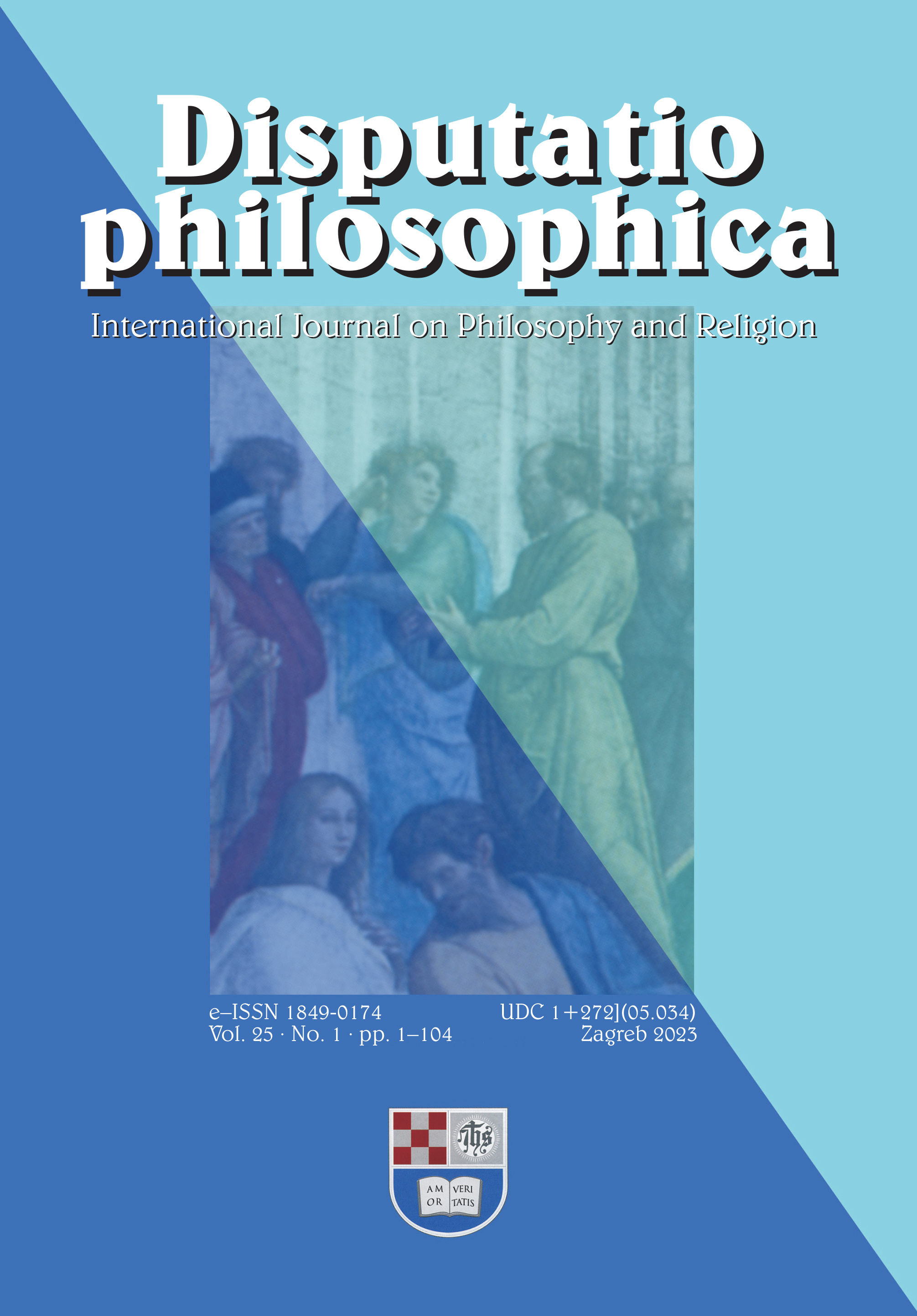Research on Boethius’s Views on the Nature of Good and Evil
Keywords:
absolute good, Boethius, evil, OneAbstract
This inquiry delves into the nuanced perspectives of Boethius on the existence of evil, placing a particular emphasis on its ontological dimensions within the overarching framework of absolute good. The primary focus of this analysis centers around Boethius’s seminal works, The Consolation of Philosophy and Hebdomads which serve as the key repositories of his philosophical reflections. In the former, Boethius conducts a profound exploration of the problem of evil and good, with a specific focus on the ontological realm. The latter work, Hebdomads contributes a metaphysical foundation for a more profound comprehension of these philosophical concepts. This study bifurcates the thematic exploration into two core aspects: the ontological–metaphysical dimension, scrutinizing the concepts of good and bad beyond the realm of human action, and the ethical– moral dimension, acknowledging its importance for a comprehensive understanding of the metaphysical. This dualistic approach enriches the hermeneutic perspective, facilitating a more holistic understanding of Boethius’s intricate thoughts on the nature of good and evil. The synthesis of these levels not only illuminates Boethius’s intellectual journey but also contributes to the broader discourse on the philosophical exploration of ontological dimensions within the context of absolute good.
Downloads
Published
Issue
Section
License

This work is licensed under a Creative Commons Attribution-NonCommercial 4.0 International License.

